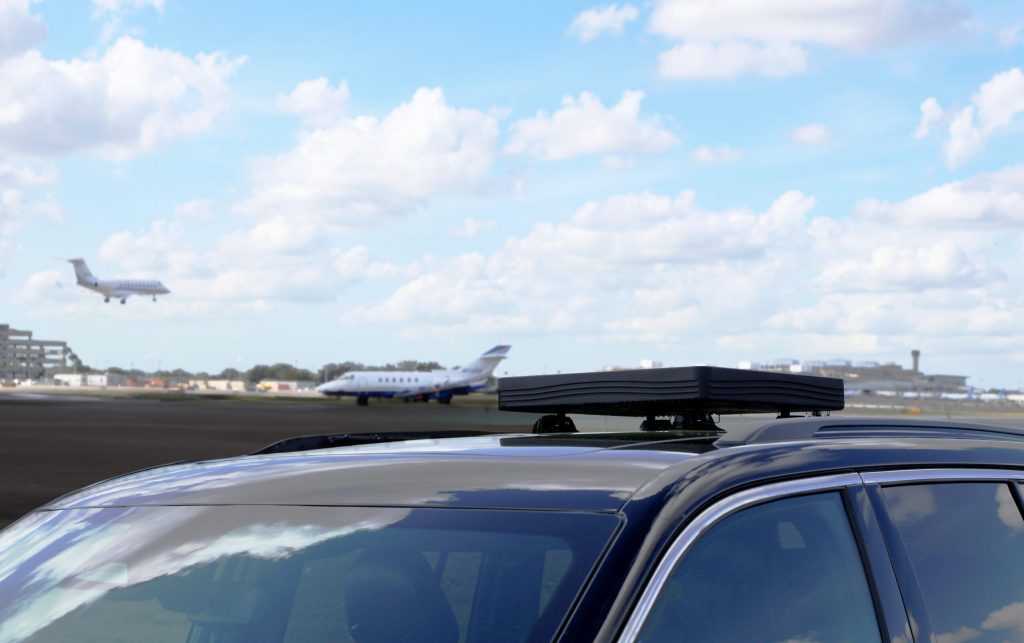CopaSAT, a company that sells communications equipment, is getting a lot of orders for its military Starshield satellite terminal, which it launched a few months ago.
The company, located in Seminole, Florida, created a tough satellite internet terminal that uses the Starshield electronically steered antenna made by SpaceX.
Starlink is the SpaceX satellite system that provides internet access worldwide. People can buy Starlink dishes for homes and businesses, but the system is also useful for providing internet in emergencies, on planes and ships, and for military and government uses. military and government applications.
SpaceX offers a Starshield version of the Starlink service with stronger encryption for government and military use.
CopaSAT's director of business development, Charlie Daniels, said the regular Starshield terminal isn't strong enough for tough battle conditions.
To solve that problem, CopaSAT made a 30-pound tough terminal called Storm V3, which costs $30,000. Inside a tough container is the Starshield antenna, power systems, and other parts. Daniels said that various U.S. military groups have ordered about 150 terminals since the product launched in August.
In trials, the terminals proved they can handle extreme temperatures, vibration, dust, and other tough conditions. The regular Starshield dish has more cybersecurity than the normal Starlink terminal, but it can't handle the tough environmental conditions of military operations, and when the cables break, they can't be fixed in the field.
Other military features added
Another feature of the Storm V3 is that it can switch between AC power and batteries or DC power, an important feature for mobile units, said Daniels. The standard Starshield terminal only runs on AC power.
Also, standard Starshield terminals come with special cables that need full replacement if they're damaged. CopaSAT's version is equipped with military-approved connectors, allowing for battlefield repairs without needing completely new cables.
At the request of military users, CopaSAT added a SIM card slot to its terminal, allowing the network to switch between satellite and cellular service seamlessly to make sure communication continues even if the satellite link is temporarily unavailable.
Daniels said CopaSAT's path to becoming a Starshield terminal seller was a change born of necessity.
Founded in 2014, the company initially made tough satellite terminals using electronically steered antennas from Kymeta. But when Kymeta brought that capability in-house, CopaSAT had to rethink its business.
The start of Starlink as a disruptive satellite internet service gave CopaSAT a chance to use its toughness expertise. Daniels said, "Starlink was just starting, and we saw that there would be a demand for a tough version that could go places the regular dish couldn't handle."









